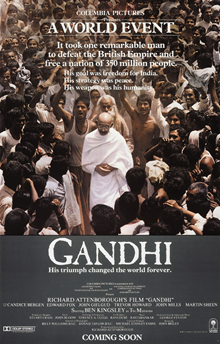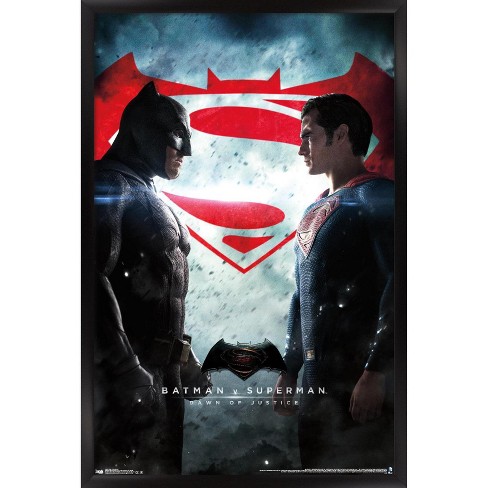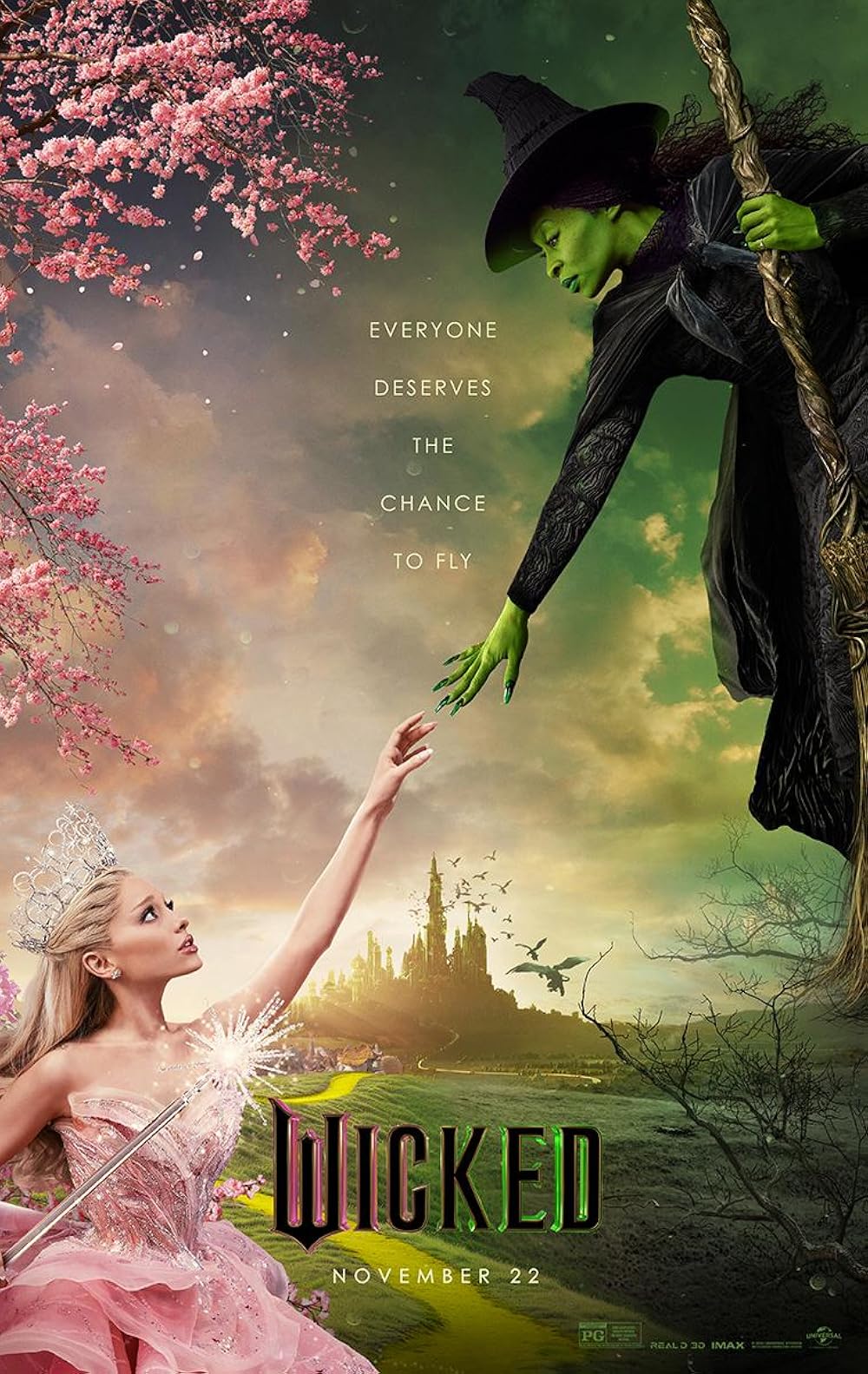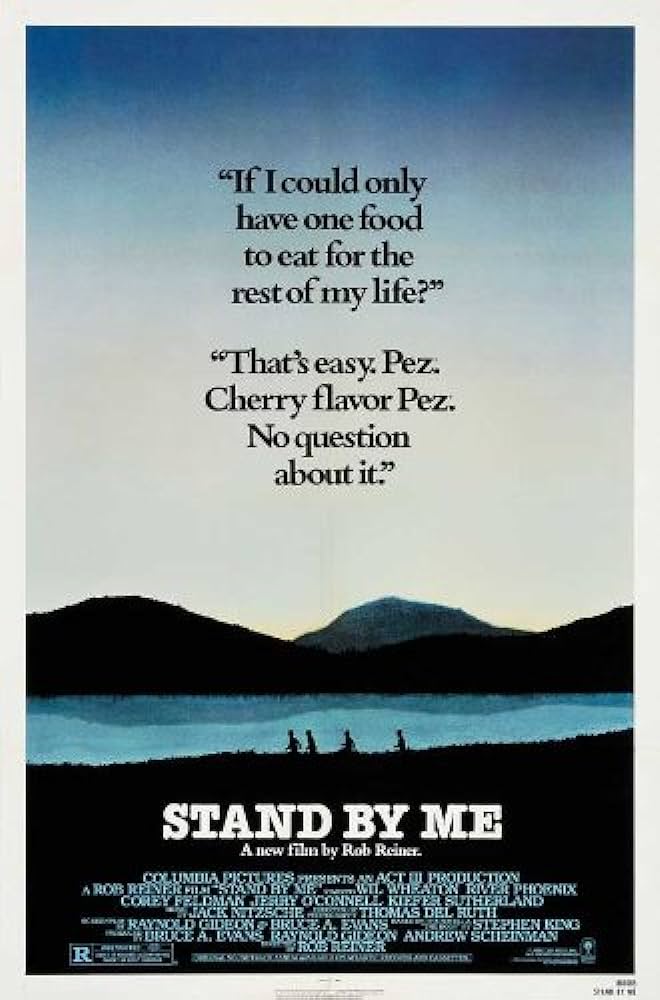When Sir Richard Attenborough commenced on his arduous undertaking of directing Gandhi, he could not fathom the impact it would have on the world. How could he? This is an epic film whose concern is non-violence and independence. The opening sequence of the infant scene is seeing the assassination of Gandhi; Attenborough plunges you into the dark episode on purpose because it will set the appropriate tone for the film. The struggles and transformation of one of the most remarkable and controversial figures of the human race is slain in front of you; the rest of the film will prepare the viewer for the historic transfiguration of a simple man into an almost divine one. Attenborough’s sense of spiritualism and obsession of peaceful independence is replete in the grand scale of his directing and scene shifting of historical episodes in South Africa into India. We first are acquainted with the young Mahatma in South Africa as a young, inexperienced attorney who is unaware of the race issues that is troubling the nation. After a slight altercation with a white passenger and conductor, he is thrown off the train at the next stop. This experience compels Gandhi to cultivate his instincts that will serve him, with great effectiveness, throughout the entire movie.
As the film’s drama unfolds, Gandhi begins to develop. His recherche use of non-violence shocks even his most violent enemies. He is welcoming but serious. As the situation for Indians and Muslims and other people continues to gather unjust rules and living conditions, Gandhi becomes the force of the people that is so badly in dire need of leadership and fearlessness. Gandhi is cultivated by his peers into an insurmountable ‘holy man’ of the masses. For the film, no person is better qualifying to demonstrate these grandeur qualities than Ben Kingsley. His mystical and colorful portrayal of The Mahatma is a life in itself in the film; he is so serious about being Gandhi that you are led to believe, especially during the many but brief intense moments in the film, that it is actually him playing himself. Kingsley’s obsession with demonstrating the tenacious and yet subtle divisions of Gandhi are so well acted and effective, the many other famed cast members slightly fade being near to him. Gandhi and his instrumental mechanisms have been brought back to life through Kingsley. The focus of his determination and piousness of his thinking methods is inextricably parallel to his cause. In order for independence to be obtained, the man, Gandhi, must demonstrate and convince the masses that his promotional merits are not in vain. This, of course, is performed through his use of nonviolence and peaceful demonstrations throughout all of India. However, there is also, in the film, dark violence and bright bloodshed that are powerfully arranged by Attenborough in order to arrange the level of seriousness in the film. In response, Gandhi transforms himself into a man of the people of his country.
Gandhi institutes astute habits of Civil Disobedience. As the film rides through its epic quest to present the most impressive alternative to guns and bullets, the character of Gandhi himself will harvest the means to teach the world the most valuable lesson of what it is to be human and to have compassion. This film is not just a history lesson, it is a prodigious alchemy experiment that achieves the impossible. It turns fantasy into eternal and refreshing reality. The British Government, through naive and arrogant bullying tactics, see Gandhi’s resilience with disdain and boredom. They are fooled into thinking that they are capable of governing India into their submission and persuasion of English royalty; they will be proved wrong. The testament of nonviolence in the film is biblical in proportion, even in such a massive way that is incapable for the British to fully comprehend. Example is his supreme weapon. When his fellow Indians decide to incite violence, Gandhi remonstrances by inducing himself into a hunger strike. These are powerful flashes of scenery throughout the film as they are done several times. The people are so moved with compassion, that they cease their violence and continue in the direction of example of the Mahatma himself. As this discourse heightens, so does Kingsley’s shockingly physical similarity to the real Gandhi himself; from his wiry spectacles and shaved head, to his angel white cloths he has wrapped himself in for the duration of the film. Through the nature of not using fists or bullets or weapons of any kind, Gandhi, symbolically, establishes himself as the free leader of the Indian people. It is an arduous and mature process that demands the patience even of which Gandhi is absent from early on. Attenborough is careful with this whole process; as he develops Gandhi for his audience, he is careful not to portray him as a man free of error, but as a man who is dependent on faith and the slow process of accepting his role his country, a position for which he never asked of himself.
The entire transformation and exchange of scenic and historic gathering is extraordinary. Gandhi is a principled man. He is faithful to his cause but serious about the proper outcome. He possesses no desire for fame, political position or wealth. He is a man who will be a spokesman for the dispossessed and the weak. By the film’s end, Gandhi bequeathed himself to the fate of humanity; his obsessive desire to achieve his purpose will meet its fate.
Gandhi is a film that compels us to look at ourselves with criticism. It wishes us to dry out our human nature and then examine our ability to make the difference that will head us into the direction of tranquil prosperity and righteous living. It is not a film that requires us to brush aside our differences and beliefs, but that we do not divide in our purpose for fulfilling all that is true and good, even if we cannot walk away from the hate and division that seceded our compassion and empathy to being human itself. There is always an abundance of riper choices that can be picked from the vine of wisdom; we just need to sometimes look a bit deeper within ourselves. Humanity and soul, as this film demonstrates, unites us all.
| Directed by | Richard Attenborough |
|---|---|
| Written by | John Briley |
| Produced by | Richard Attenborough |
| Starring | |
| Cinematography | |
| Edited by | John Bloom |
| Music by | |
|
Production
companies |
|
| Distributed by | Columbia Pictures (through Columbia-EMI–Warner Distributors in the United Kingdom. |
|
Release dates
|
|
|
Running time
|
191 minutes |
| Countries |
|
| Languages |
|
| Budget | $22 million |
| Box office | $127.8 million |

© 2024 – 2025, Mark Grago. All rights reserved.




